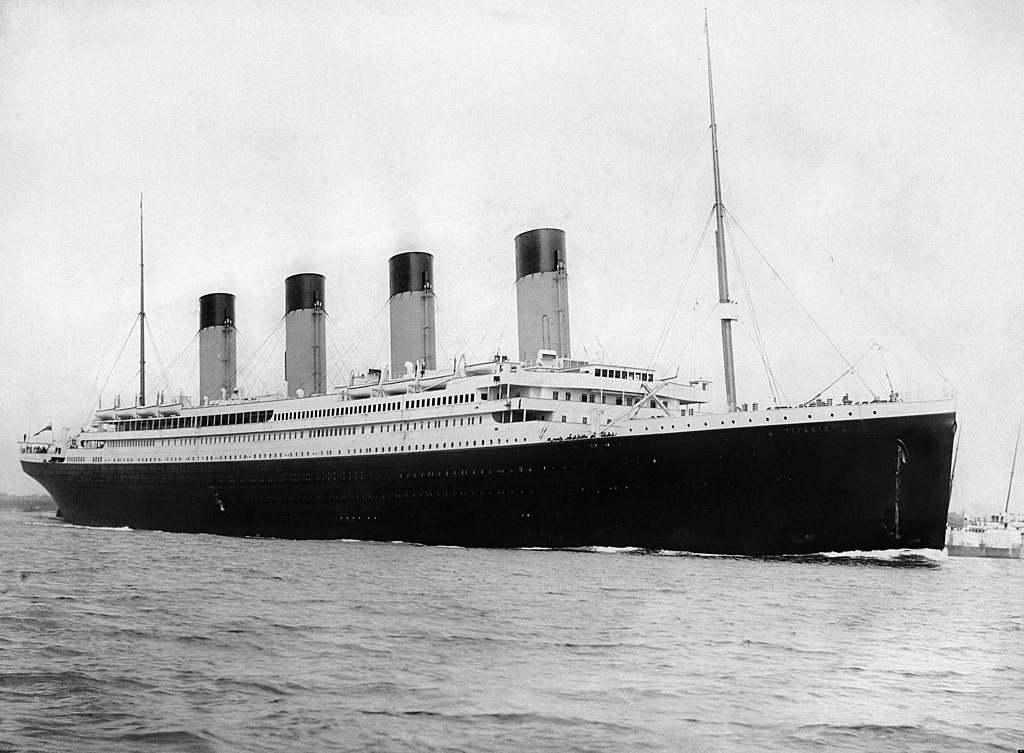It’s so very sad to hear about the tragedy of the Titan submersible. By now, unless you’ve been living under a rock, you’ve heard about this story. Five people were killed when a submersible that was taking them to see the Titanic wreckage suffered a catastrophic failure. I am of the opinion that we can always learn from tragic circumstances, and that the more we can learn from them, the more the blow of the loss is softened. There are many, many lessons to be learned from the tragedy of the Titan, and I’m sure we’ll hear about those for weeks to come (well, as long as this story still interests news readers).
But what does this have to do with the classroom? It’s summer break. You don’t need to use this as a current event discussion in your classroom. But perhaps the lesson is not for your students, it is for you. What were these men willing to risk their lives and pay a ridiculous amount of money to see? The Titanic. Yes, the famed Titanic that I can bet is never mentioned in ANY state history standards. The Titanic, which has great maritime and cultural significance. The Titanic is not the worst maritime disaster, but I argue that it is the most well-known in the US. A seemingly “unsinkable” ship sinking on its maiden voyage and taking with it almost 1,500 innocent people? It’s something students should know about…and once again, it’s not something in most (if any) state standards.
I think it’s a good reminder of why we don’t need to teach to the test…why state standards aren’t the end-all, be-all of teaching. Why? Because history is more than just a list of terms. It’s a story. It’s a set of experiences that makes a group of people who they are. Very often we teach the facts of history, however the true lessons and wisdom that we can gain are pushed aside for what the “state” says is enough.
What events of historical significance are you skipping over so that your students can do well on a standardized test? What wisdom are you rushing past because someone tells you that you are only a good teacher if your students score well on a test created by people who don’t know you or your students’ abilities or struggles?
“In history, a great volume is unrolled for our instruction, drawing the materials of future wisdom from the past errors and infirmities of mankind.”
Edmund Burke

